How the contagion of conflict in the Sahel could spread across West Africa
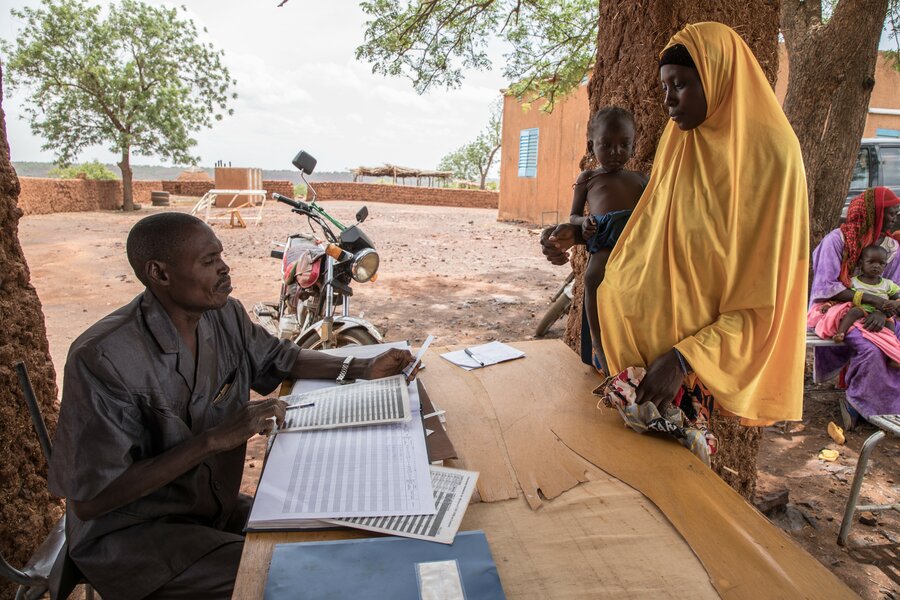
By George Fominyen
As the world seeks to halt the spread of COVID-19, West Africa is still grappling with another contagion — conflict. The region is a tinderbox for coronavirus, with hundreds of thousands being forced to flee their homes in West Africa's portion of the Sahel — the semi-arid belt of western and north-central Africa extending eastwards.
Central Sahel: the humanitarian crisis the world is ignoring
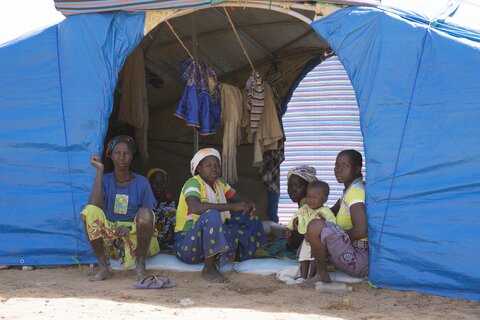
Entire communities are being pushed to the brink. Fighting that started in Mali in 2012 has crossed borders into Burkina Faso and Niger, disrupting livelihoods and sharpening hunger. Up to 5.5 million people will be food insecure in these three countries when the annual lean season comes, between June and August.
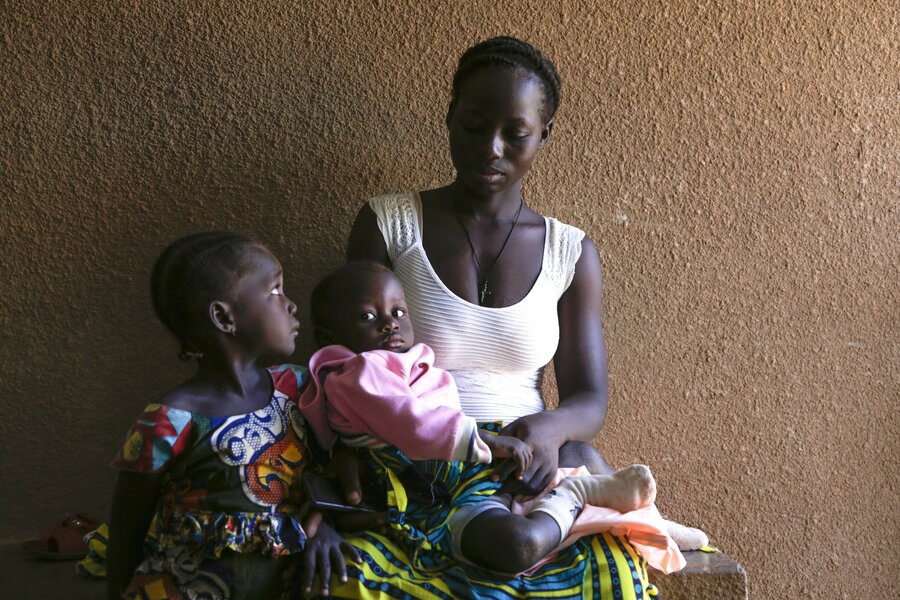
If that's not worrisome enough, conflict-watchers warn that the violence that's affecting these three countries of the Central Sahel could spread into the neighbouring Gulf of Guinea sub-region, including Cote d'Ivoire, Ghana, Benin and Togo. "This is definitely a risk we should be concerned about," says Areva Paronjana, a Regional Security Information Analyst for the United Nations World Food Programme (WFP) in West Africa.
The speed at which the security situation has deteriorated in Burkina Faso does not bode well for its neighbours, as recent incidents testify. Countries are divided by vast, porous borders straddling large national reserves that are practically impossible to police.
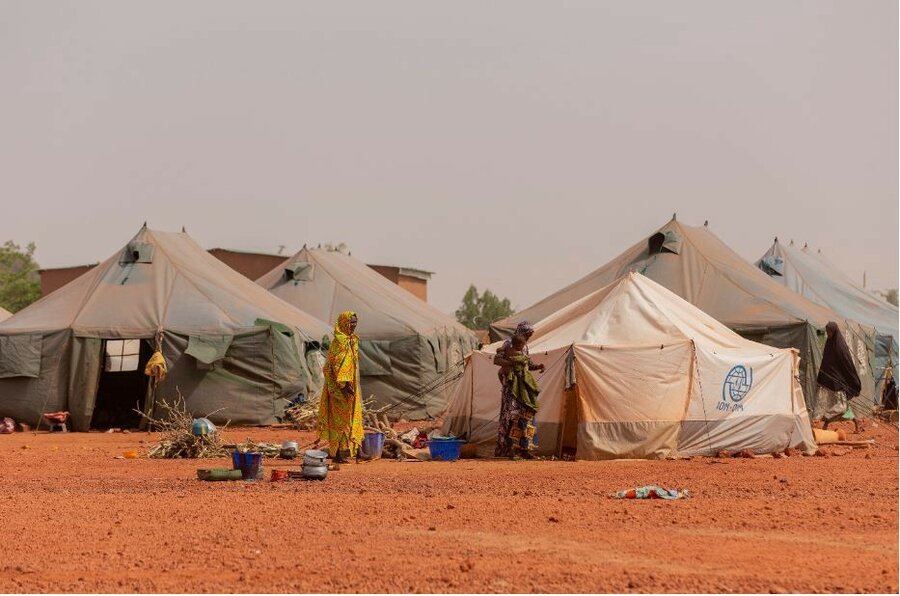
"The abduction of two French tourists in May 2019 in the Pendjari Park in Benin, who were later freed in Burkina Faso as they were being transported to Mali, and the February attack on a Benin police station near the Burkinabe border, are indicators that insecurity could spill over to coastal countries," says Paronjana, who tracks the security dynamics of countries and advises WFP's teams of humanitarian workers on the ground in West and Central Africa.
In addition, the underlying factors that were exploited by armed and militant groups in the Sahel, such as poverty, social inequalities, perceived lack of attention by the central government, political disenfranchisement and increased feeling of marginalization, are present — albeit to a lesser degree — in the northern parts of these coastal states, which opens up the possibility of expansion by these groups.
Burkina Faso: The making of a humanitarian crisis
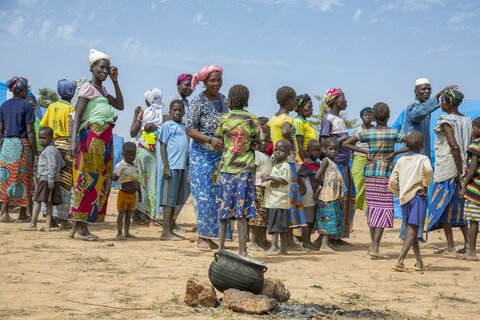
"They are looking for ways to exploit the lack of services, the lack of state presence, and offer themselves as an alternative, implanting themselves more durably in these areas," says Paronjana. She notes, however, that this is a medium to long-term plan. The movement of armed groups to the northern parts of the coastal countries is more linked to immediate survival needs, as these groups find themselves under increasing pressure from military operations in the Central Sahel.
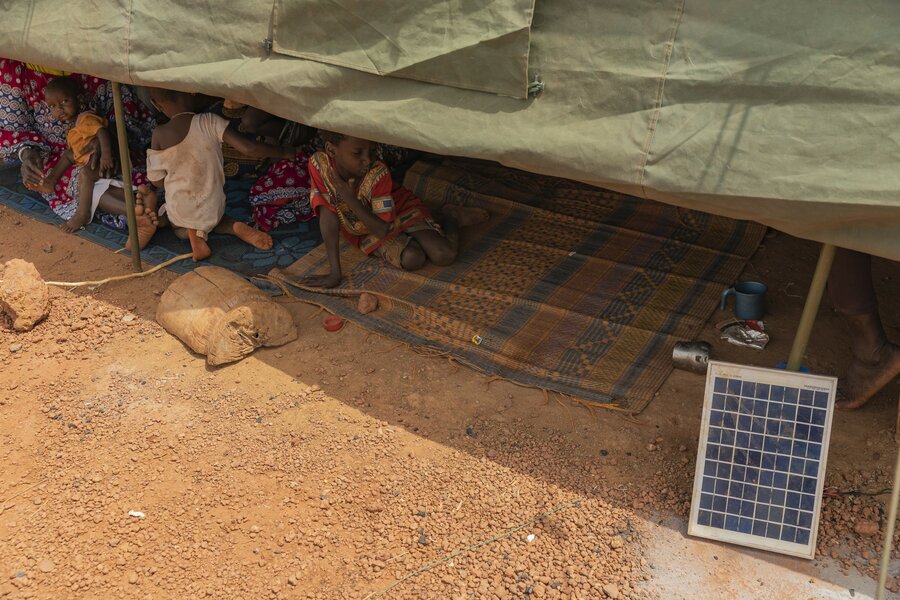
"There is a desire from them to establish a sort of buffer zone or a rear base in the northern areas of these coastal countries," Paronjana explains. "The borders are porous, and the terrain is favourable to hiding out — national parks are ideal for this purpose — for these elements to regroup, reorganize and grow their capacity and then plan further moves."
The groups also need access to finance and supplies to sustain their activities, some of which they can get via the coastal countries. "They need food, weapons, ammunition and motorbikes that they use for their activities," she says — spare parts too. They sell livestock to coastal markets and indirectly control artisanal mining to obtain financial means. Their operations will not be sustainable without these things."
The chain that COVID-19 cannot break
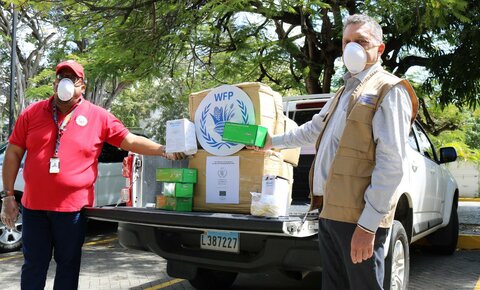
As Paronjana speaks from her apartment where she is teleworking, with much of the world trapped by the highly contagious COVID-19, she offers a few words of hope with regards to the contagion of violence from the Sahel to the Gulf of Guinea.
Having sensed the threat, governments are taking measures. "They have sent reinforcements to border areas more neglected in the past, and security forces are aware of the threat," she says.
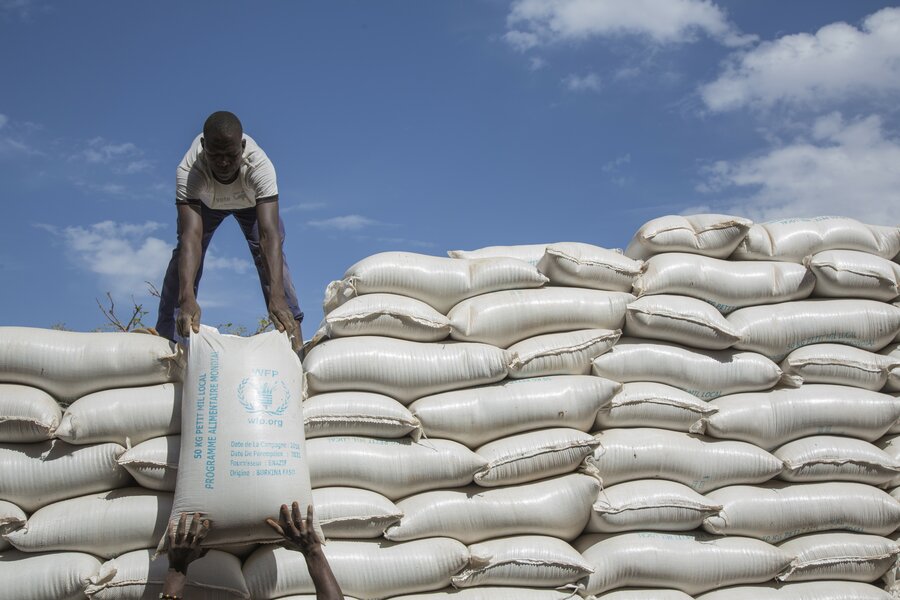
But Paronjana believes real prevention will not be found in extra soldiers and police officers alone. Chris Nikoi, WFP's Regional Director for West and Central Africa, agrees: "It is important for governments in these countries, and their international partners, to focus not just on security but also tackle issues of governance, social justice, underdevelopment and political disenfranchisement, which may favour the spread of instability," he says.
"These factors have created a fertile breeding ground for violent groups and their offshoots — who have shifted to non-conventional warfare and escalated violence — a worsening humanitarian situation in terms of the numbers affected, and a challenging food security situation in the Central Sahel as well as the Lake Chad Basin regions."
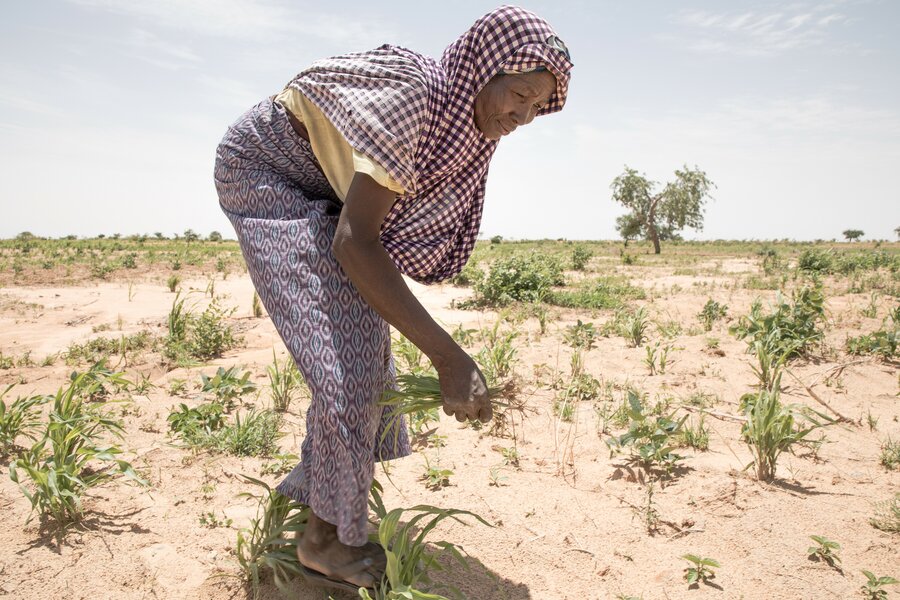
Governments need to tackle governance, poverty and the effects of climate change. They need to include resilience-building measures as part of efforts at peacebuilding and sustainable development in the region, ensuring a true understanding of root causes and the drivers of crisis to avoid spillover.
Paronjana cautions, "It has to be done early on, because once conflict strikes it becomes more an issue of safeguarding the gains rather than making a real difference."
